Duolingo has reportedly removed references to “LGBT propaganda” from its popular language learning app in Russia to comply with federal law, according to the Russian-language media outlet Meduza and state media.
Duolingo had been under investigation by the Roskomnadzor (RKN), the government committee regulating compliance with the slew of new anti-LGBTQ+ laws passed in Russia under President Vladimir Putin, following a complaint in April from Radetel, a local activist group based in the Siberian town of Novosibirsk.
The complaint accused Duolingo of disseminating “LGBT propaganda” through the inclusion of LGBTQ+ references in its educational materials. RKN sent a letter to Duolingo demanding the company remove any illegal content from its app.
On Tuesday, state media announced that Duolingo had complied with RKN’s demands.
“The Duolingo company sent a response letter to Roskomnadzor, in which it confirmed that it had removed materials promoting non-traditional sexual relationships from the educational application,” RKN announced in a press release to state media.
Duolingo offers lessons in more than 40 languages to a global user base of over 60 million. The company has openly embraced the representation of LGBTQ+ characters and narratives within its lessons as part of its stated commitment to diversity and representation.
The company shed light on its international LGBTQ+ outreach efforts in a 2021 blog post. The post introduced LGBTQ+ characters such as Lin, Bea, and Oscar, who attempted to normalize LGBTQ+ life within a learning environment.
This is the latest in a string of censorship instigated at the behest of RKN. In 2023 the committee curated a list of films and TV shows it classified as LGBTQ+ propaganda and in violation of the new law. The list included the films Brokeback Mountain (2005) and Call Me By Your Name (2017), as well as episodes from TV shows The Sex Lives of College Girls and This Is Going to Hurt.
Under current Russian laws, individuals can be fined up to 400,000 rubles ($6,370) for “LGBT propaganda” and up to 200,000 rubles ($3,185) for “demonstrations of LGBT and information that encourages a change of gender among teenagers.”
The current anti-LGBTQ+ law expanded a 2013 ban against spreading “propaganda of nontraditional sexual relations” to minors also to include adults. The new law took effect in December of 2022 and makes it illegal to promote or “praise” LGBTQ relationships, publicly express non-heterosexual orientations, or suggest that they are “normal.” The law also bans all advertising, media, and online resource books, films, and theater productions that affirm the LGBTQ+ community or individuals.
“We support LGBTQ+ rights and believe in normalizing LGBTQ+ representation in our content. Unfortunately, local laws prohibit us from including certain content in Russia," a spokesperson told The Advocate in a statement. "Duolingo’s mission is to expand access to quality education around the world and we’re committed to maintaining access to our product everywhere that is legal to do so.”
Update: This article was updated with a comment from a Duolingo spokesperson.








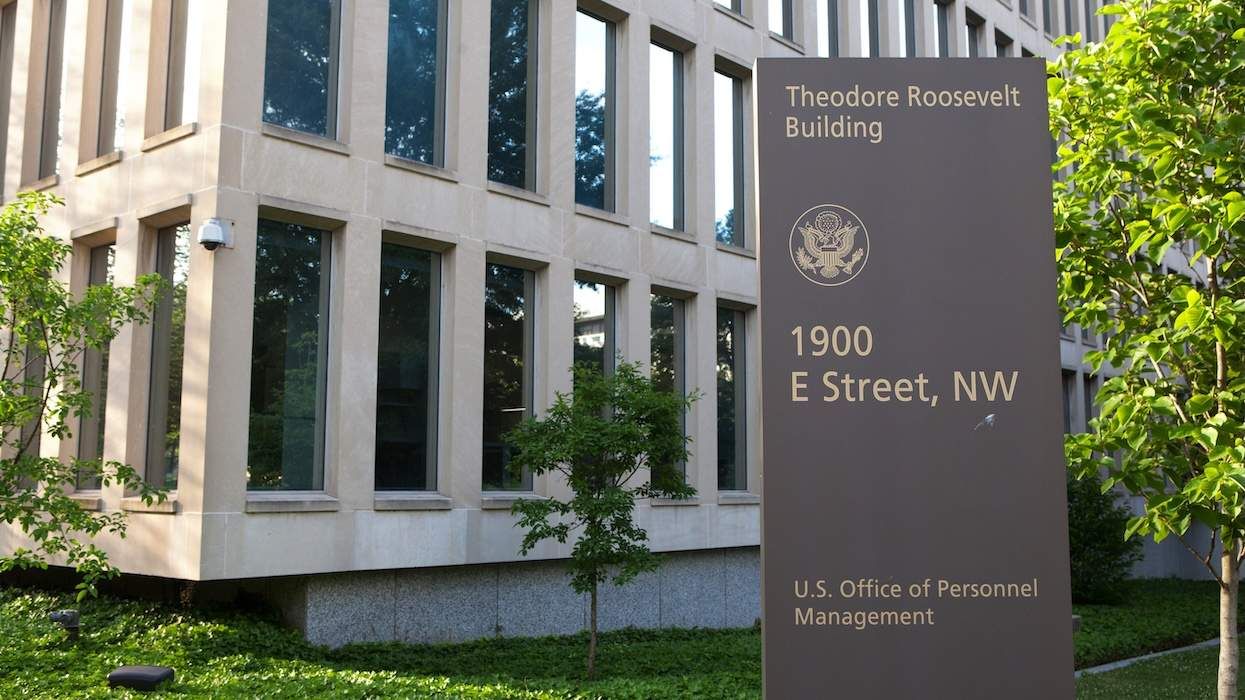

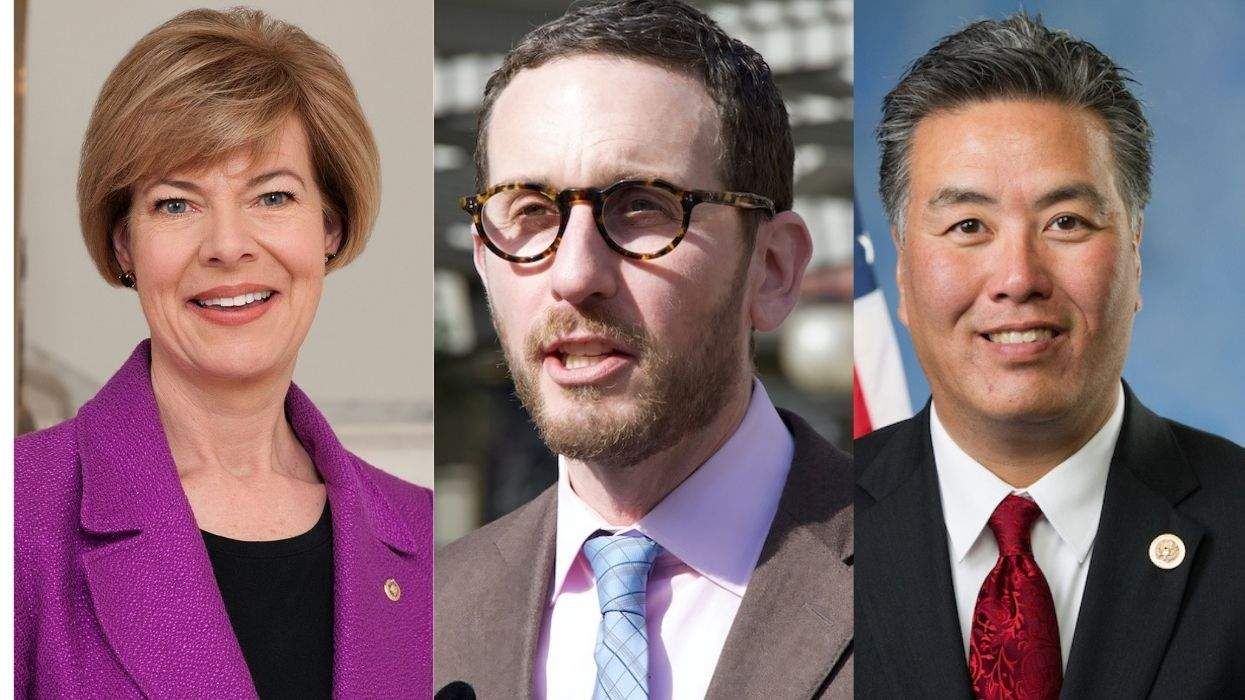


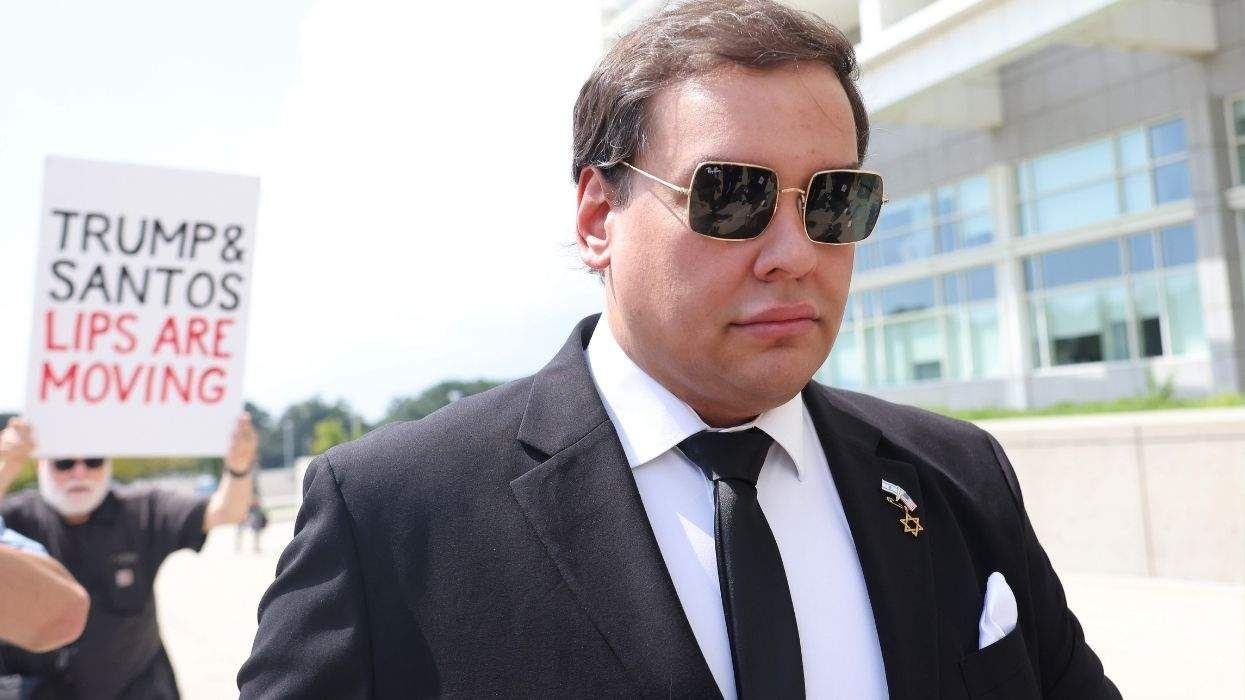
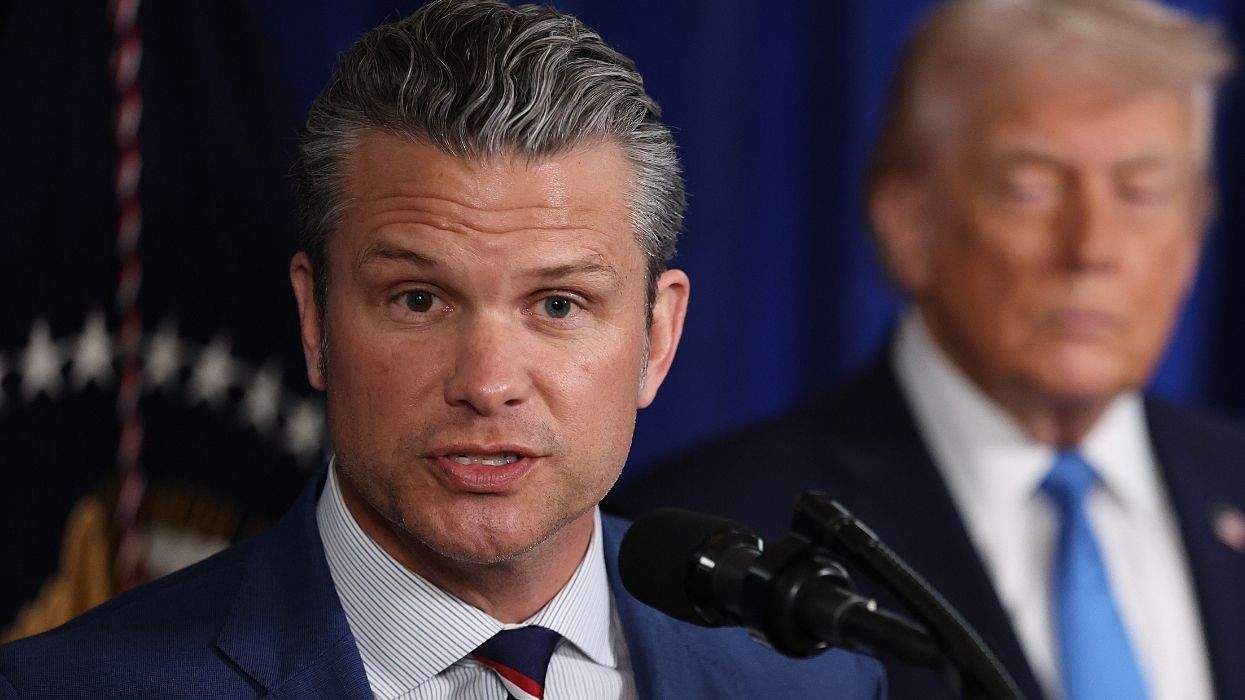


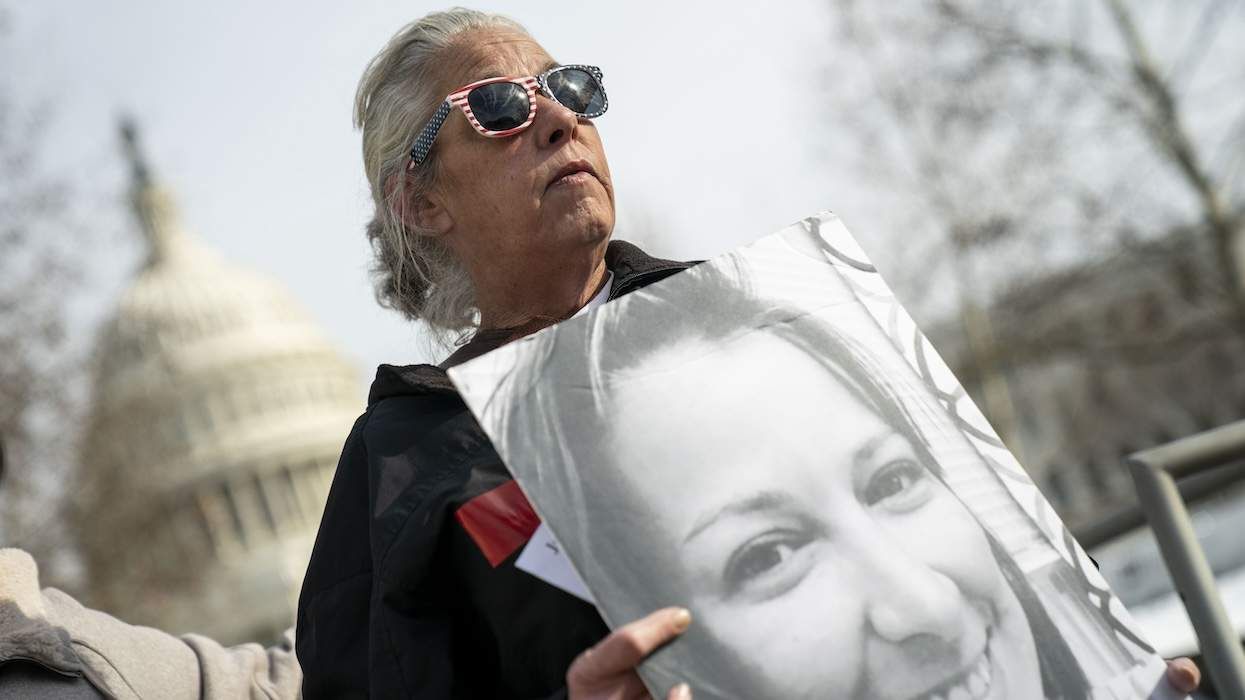



















































Charlie Kirk DID say stoning gay people was the 'perfect law' — and these other heinous quotes